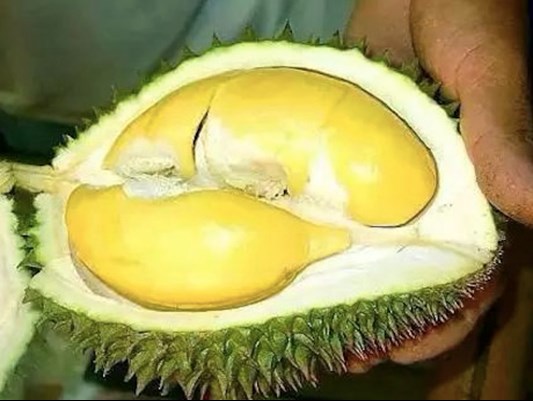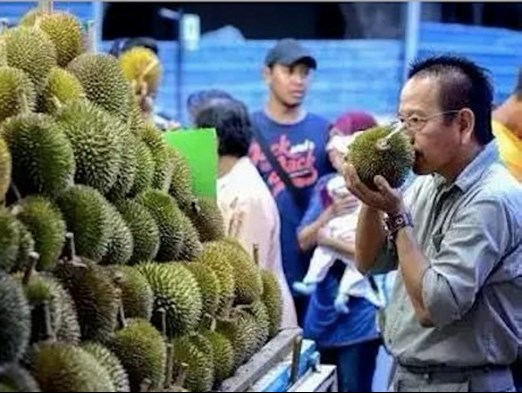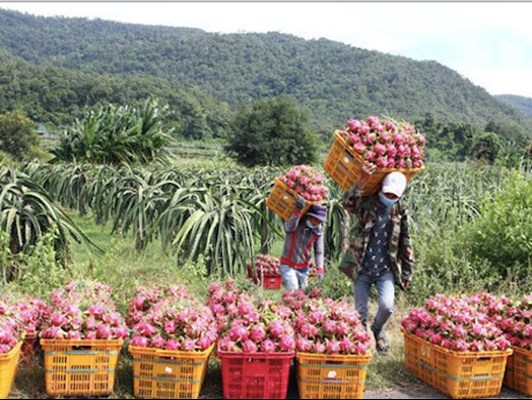
The balance between the international supply and demand is estimated to become even tighter due to limited crude timber produced in a sustainable manner as demand for crude wood increases because of the growing population and economic growth of developing countries. It may be correct in case of the timber requirement but for the Fruits and Vegetables having short shelf life to produce in the home ground and then sell overseas for which the refrigerated trucks and other mode is not available. Hence the idea of selling the F&V overseas by growing the same in that place.
Large fruit and vegetable plantation owners seek to expand their plantations to increase supply for the market and to increase their own profit. Although the majority of plantation owners still have their sights set on high-quality production areas within the country, a small group of plantation owners has already shifted its focus to overseas plantations. In recent years, the Chinese consumer demand for agricultural products has grown stronger.

There are three reasons why this small group of plantation owners have chosen to pursue this market policy:
First, the sharp increase of surface area devoted to fruit and vegetable plantations within China in recent years means that there is little room left in the production areas of high-quality agricultural products.
Second, China is not suitable for all kinds of fruit. Certain kinds of fruit benefit greatly from the geographical location and weather conditions of overseas production areas.
Third, some countries such as Vietnam offer lower labor costs or land rent than domestic production areas.

Of course, moving plantations overseas brings along its own risks. One risk, for example, is the exchange rate. Changes in the exchange rate can harm business.
Another risk comes from policy changes for the agricultural sector in the country where the production area is located.
And international trade policy changes can bring further risks. Taking all these aspects into consideration, traders need to carefully weigh the pros and cons of moving a plantation overseas.
Chander Mohan
Krishi Jagran










